I.
CONCEPTION OF LOGIC .
E VERYTHING in nature, whether in the animate or inanimate world, takes place according to rules , although we do not always know these rules. Water falls according to laws of gravity, and in animals locomotion also takes place according to rules. The fish in the water, the bird in the air, moves according to rules. All nature, indeed, is nothing but a combination of phenomena which follow rules; and nowhere is there any irregularity . When we think we find any such, we can only say that the rules are unknown.
The exercise of our own faculties takes place also according to certain rules, which we follow at first unconsciously, until by a long-continued use of our faculties we attain the knowledge of them, and at last make them so familiar, that it costs us much trouble to think of them in abstracto. Thus, ex. gr. general grammar is the form of language in general. One may speak, however, without knowing grammar, and he who speaks without knowing it has really a grammar, and speaks according to rules of which, however, he is not aware.
Now, like all our faculties, the understanding, in particular, is governed in its actions by rules which we can investigate. Nay, the understanding is to be regarded as the source and faculty of conceiving rules in general. For just as the sensibility is the faculty of intuitions, so the understanding is the faculty of thinking, that is, of bringing the ideas of sense under rules. It desires, therefore, to seek for rules, and is satisfied when it has found them. We ask, then, since the understanding is the source of rules, What rules does it follow itself? For there can be no doubt that we cannot think or use our understanding otherwise than according to certain rules. Now these rules, again, we may make a separate object of thought, that is, we can conceive them, without their application, or in abstracto. What now are these rules?
All rules which the understanding follows, are either necessary or contingent. The former are those without which no exercise of the understanding would be possible at all; the latter are those without which some certain definite exercise of the understanding could not take place. The contingent rules which depend on a definite object of knowledge are as manifold as these objects themselves. For example, there is an exercise of the understanding in mathematics, metaphysics, morals, &o. The rules of this special definite exercise of the understanding in these sciences are contingent, because it is contingent that I think of this or that object to which these special rules have reference.
If, however, we set aside all knowledge that we can only borrow from objects, and reflect simply on the exercise of the understanding in general, then we discover those rules which are absolutely necessary, independently of any particular objects of thought, because without them we cannot think at all. These rules, accordingly, can be discerned priori, that is, independently of all experience, because they contain merely the conditions of the use of the understanding in general, whether pure or empirical, without distinction of its objects. Hence, also, it follows that the universal and necessary laws of thought can only be concerned with its form, not in anywise with its matter. The science, therefore, which contains these universal and necessary laws is simply a science of the form of thought. And we can form a conception of the possibility of such a science, just as of a universal grammar which contains nothing beyond the mere form of language, without words, which belong to the matter of language.
This science of the necessary laws of the understanding and the reason generally, or, which is the same thing, of the mere form of thought generally, we call Logic.
Since Logic is a science which refers to all thought, without regard to objects which are the matter of thought, it must therefore be viewed
1. as the basis of all other sciences, and the propdeutic of all employment of the understanding. But just because it abstracts altogether from objects
2. it cannot be an organon of the sciences.
By an organon we mean an instruction how some particular branch of knowledge is to be attained. This requires that I already know the object of this knowledge which is to be produced by certain rules. An organon of the sciences is therefore not a mere logic, since it presupposes the accurate knowledge of the objects and sources of the sciences. For example, mathematics is an excellent organon, being a science which contains the principles of extension of our knowledge in respect of a special use of reason. Logic, on the contrary, being the general propdeutic of every use of the understanding and of the reason, cannot meddle with the sciences, and anticipate their matter, and is therefore only a universal Art of Reason ( Canonica Epicuri ), the Art of making any branch of knowledge accord with the form of the understanding. Only so far can it be called an organon, one which serves not for the enlargement, but only for the criticism and correction of our knowledge.

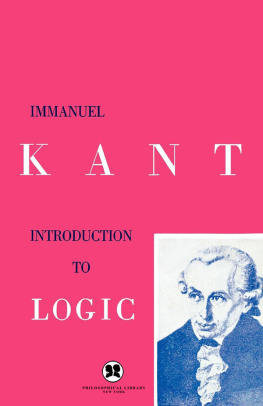
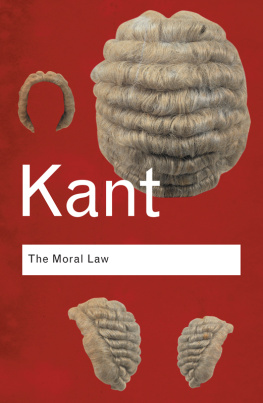
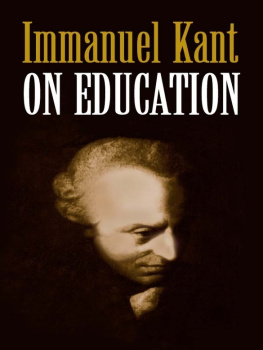

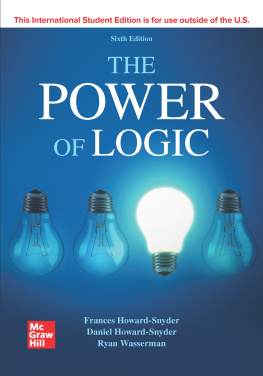
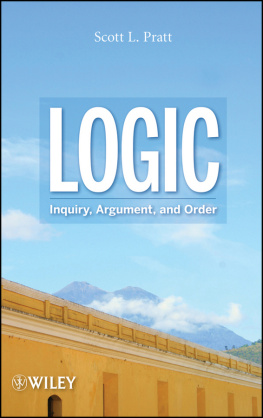
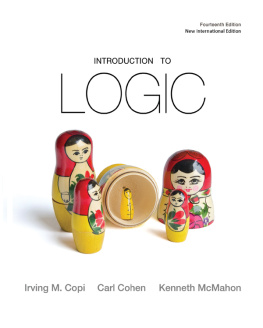
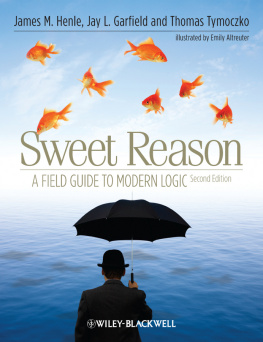
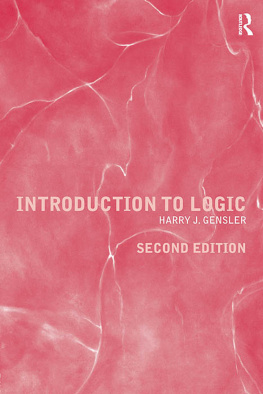
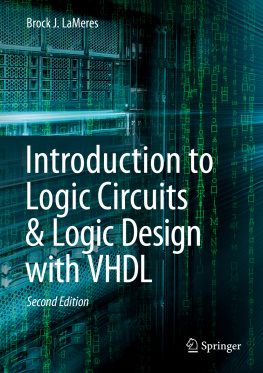
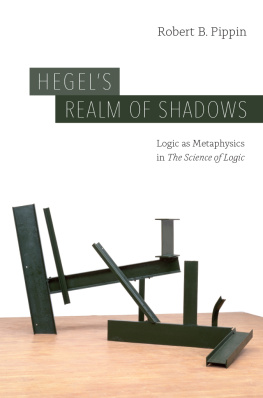
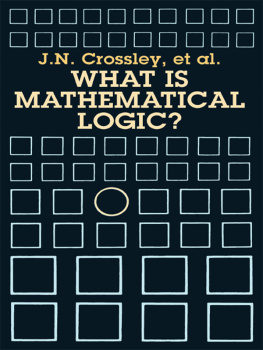
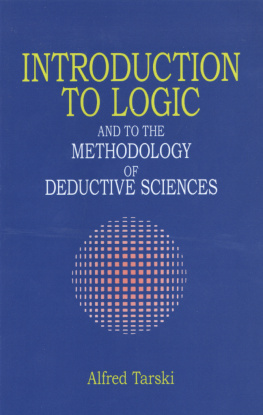
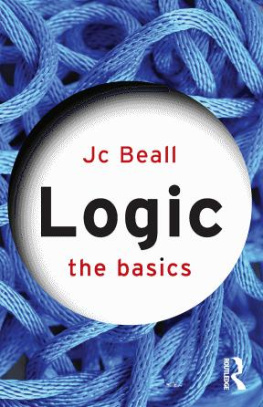
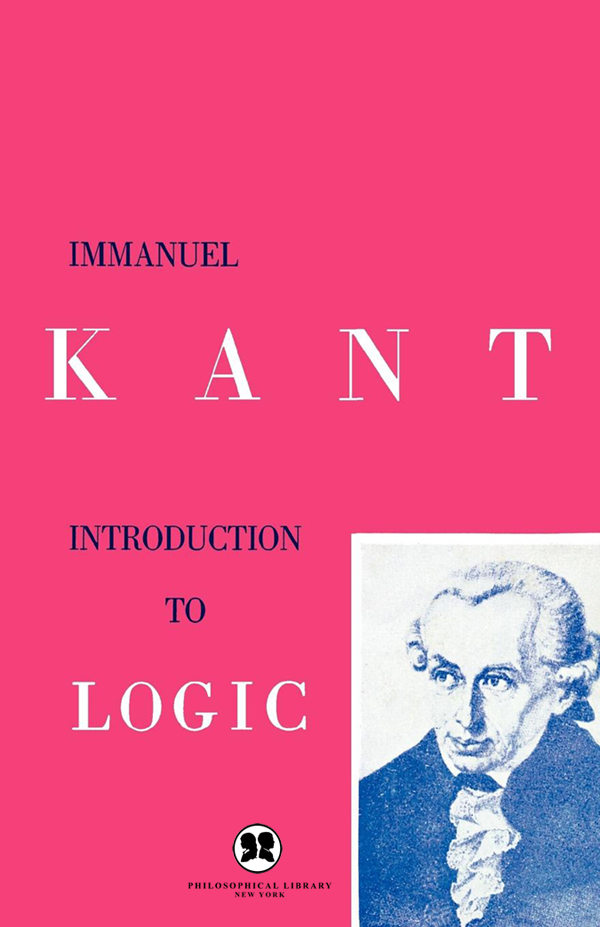

 , and therefore incommensurable. The mathematical is useful de quamplurimis to the statesman whether of a kingdom, or of a life insurance association, and assumes that we know nothing de singulis; hence the committees are obliged to recur to the philosophic probability in the admission of each member.
, and therefore incommensurable. The mathematical is useful de quamplurimis to the statesman whether of a kingdom, or of a life insurance association, and assumes that we know nothing de singulis; hence the committees are obliged to recur to the philosophic probability in the admission of each member.